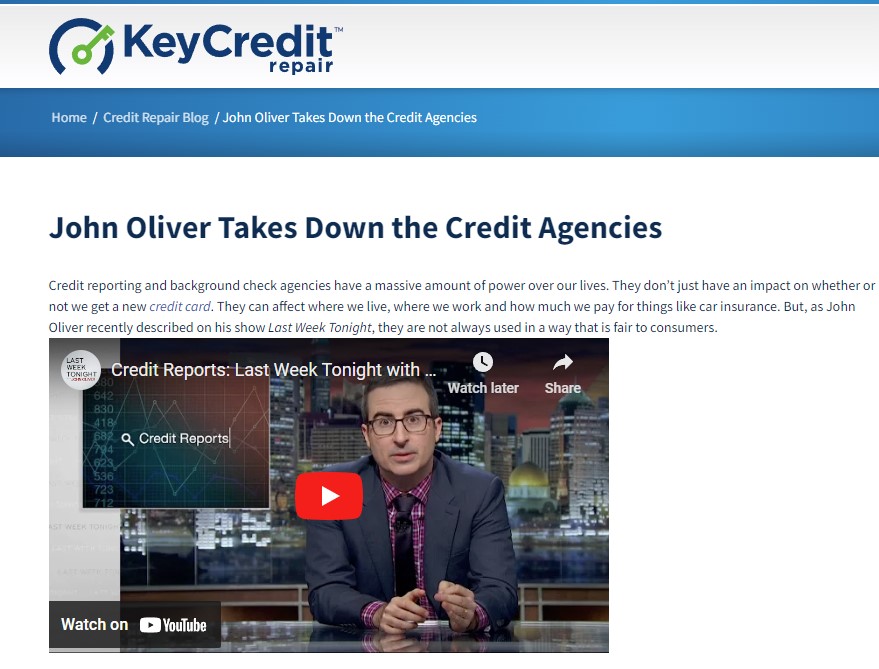Getting preapproved for a mortgage loan
Spring has sprung, and beyond just the greening of grass, warming temperatures and longer days, it’s also a period of the year that sees a significant uptick in real estate activity. Yes, with an increase in overall inventory come spring, the season is an ideal one for buyers on the hunt for their next home. But before you can buy, you need to get preapproved mortgage. Unfortunately, getting preapproved is easier for some consumers than it is for others. Some consumers may need to enact some credit repair tactics to get their credit score where it needs to be for home buying
Improving Credit Scores for Preapproval
If your credit score isn’t up to snuff and you don’t want to wait months to repair it, there are some things that you can do now that may improve your score faster, assuming that your score was dinged because of something minor, like a late payment. More sever credit mishaps like defaulted payments, bankruptcies and foreclosures will obviously require much more time for consumers to repair, but there is hope to eliminate something minor like a late payment that could be preventing you from getting preapproved for that mortgage loan. Here’s what to do:
- Act quick: Start by contacting the company that reported the late payment and explain the situation. Perhaps you thought you made the payment, but there was an online bill error. Or maybe it was an honest mistake on your part and you didn’t pay the bill in full. Regardless of who – or what – is at fault, come clean and explain the situation. You may even choose to enact a one-time goodwill intervention, where a company will review the case, analyze your credit and make the call on whether or not to reverse the decision. Remember, lenders want to keep your business, so if you work together with them, your chances are good.
- Contact the credit reporting agencies: If you don’t get anywhere with the lender, consider writing the credit reporting agencies. Explain the scenario to them, and they’ll conduct a 30-day investigation to determine whether or not the lender’s decision should be reversed. This method may take a little longer than working with the lender, but if the agency rules in your favor, it can help improve your FICO score to the point where you can get preapproved.
Unfortunately, some mortgage consumers don’t have great credit and won’t be able to fix their issues by contacting either their lender or the credit reporting agencies to have the issue resolved. If this is the case, the consumer’s best bet is to start establishing good financial behavior. This includes making on time payments and keeping low balances on credit cards, just to name a few.
John Oliver Takes Down the Credit Agencies
Credit reporting and background check agencies have a massive amount of power over our lives. They don’t just have an impact on whether or not we get a new credit card. They can affect where we live, where we work and how much we pay for things like car insurance. But, as John Oliver recently described on his show Last Week Tonight, they are not always used in a way that is fair to consumers.
How the Big Three Credit Agencies Affect Your Life
Equifax, Experian and TransUnion all market their services beyond individual consumer credit. TransUnion explicitly states that their reports allow employers to make quick, efficient decisions about who to hire. Experian advertises that their scores can predict whether a prospective employee will be able to handle company funds responsibly.
Why Their Rulings Can Be Unfair
Half of all consumer debt is medical debt. These sorts of debts can often be large and not a strong indicator of how responsible a person is.
While credit reporting agencies advertise that their services can help employers pick responsible candidates, there is little data to back up the assertion that a person’s credit score is an indicator of their trustworthiness on the job.
Errors Abound
And, around 25% of consumers have errors on their reports. One in twenty had serious errors that would cause people to pay more than they should for everything from car insurance to a mortgage on their homes. In real numbers, that translates to 10 million people with severe errors.
Credit bureaus can make errors that can significantly impact your life. In one case, credit bureaus had erroneously labeled a man a terrorist. A woman who was trying to buy a travel trailer learned that the credit bureaus listed her as deceased. Still another woman took six years and a federal lawsuit to get negative entries that were clearly erroneous off of her report.
Last year, GIS and their affiliates had to pay out $13 million in fines and damages. The three credit bureaus have been the subject of the greatest number of complaints to the CFPB.
Getting the Credit You Deserve
Under the Fair Credit Reporting Act, the three major credit bureaus are required to give you a free copy of your report every year. However, if you discover an error, it can often be difficult to get these errors removed from your reports.
Background check companies are also required to give copies of their reports once a year. But, the background check companies do not keep ongoing records. They usually only generate a report when someone like a potential employer or landlord requests one. And, many companies will not sell you your own report so that you can check it for errors. You’ll only know that there was an issue if what is on your report costs you a job or a place to live. The FTC admits that there is no national list of background check companies and thus no comprehensive tool for oversight.
We have years of experience dealing with the intricacies of credit repair. If you feel that there are errors on your credit report that are keeping you back, contact us to find out how we can help you correct the problems and unlock your opportunities.


